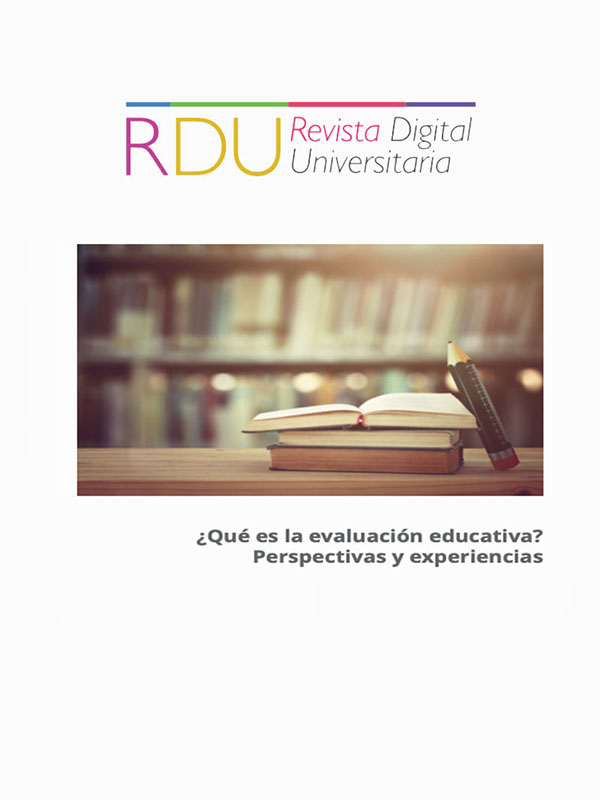How do we evaluate learning in History? Experiences and considerations
DOI:
https://doi.org/10.22201/codeic.16076079e.2018.v19n6.a9Keywords:
History, teaching-learnig process, evaluation, project-based learningAbstract
Historical knowledge is a basic element in the shaping of citizens that are aware of their rigths and obligations, respecful and solidary, and useful and worthy for themselves and to others. Our purpose in this paper is to provide evidence that supports a systemic teaching-learnig process of History, one that consists of evaluation as part of a permanent, integral and dynamic cycle, where all the elements interact among each other at all times. We share our proposal to apply the project-based learning methodology together with an evaluation system that aims to the elimination of tests, and to promote learning and self-learning skills for History.
References
Ahumada, A. P. (2005). La evaluación auténtica: un sistema para la obtención de evidencias y vivencias de los aprendizajes. Perspectiva Educacional, 45, 11-24. Recuperado de: http://www.redalyc.org/pdf/3333/333329100002.pdf.
Gros Salvat, B. (2000). El ordenador invisible: hacia la apropiación del ordenador en la enseñanza. Barcelona: Gedisa – Universitat Oberla de Catalunya.
Maldonado Pérez M. (2008). Aprendizaje basado en Proyectos colaborativos. Una experiencia en educación superior. Laurus, 14(28), 158-180. Recuperado de: http://www.redalyc.org/articulo.oa?id=76111716009.
Published
Issue
Section
License
Copyright (c) 2020 Revista Digital Universitaria

This work is licensed under a Creative Commons Attribution-NonCommercial-ShareAlike 4.0 International License.

Revista Digital Universitaria es editada por la Universidad Nacional Autónoma de México se distribuye bajo una Licencia Creative Commons Atribución-NoComercial 4.0 Internacional. Basada en una obra en http://revista.unam.mx/.










